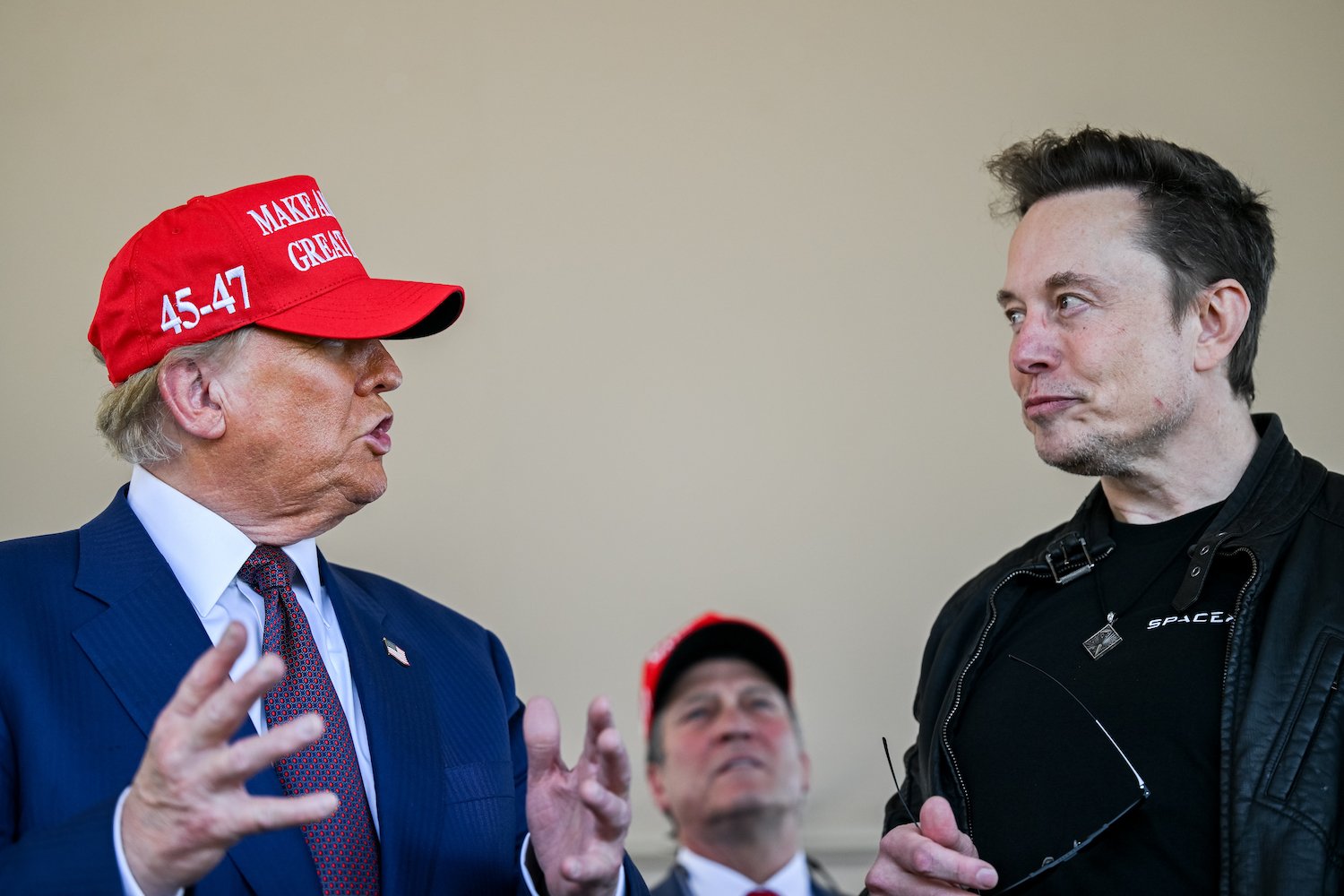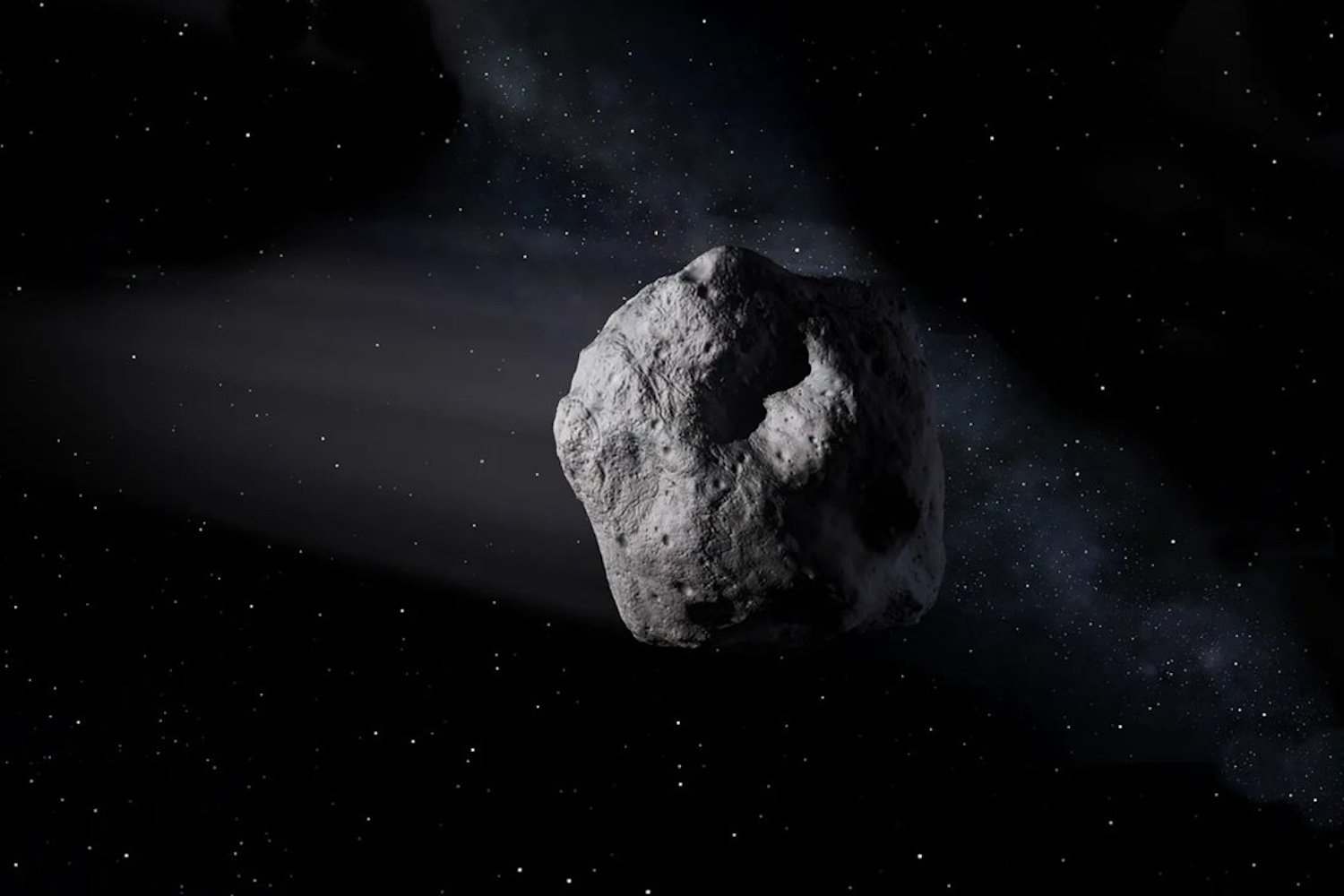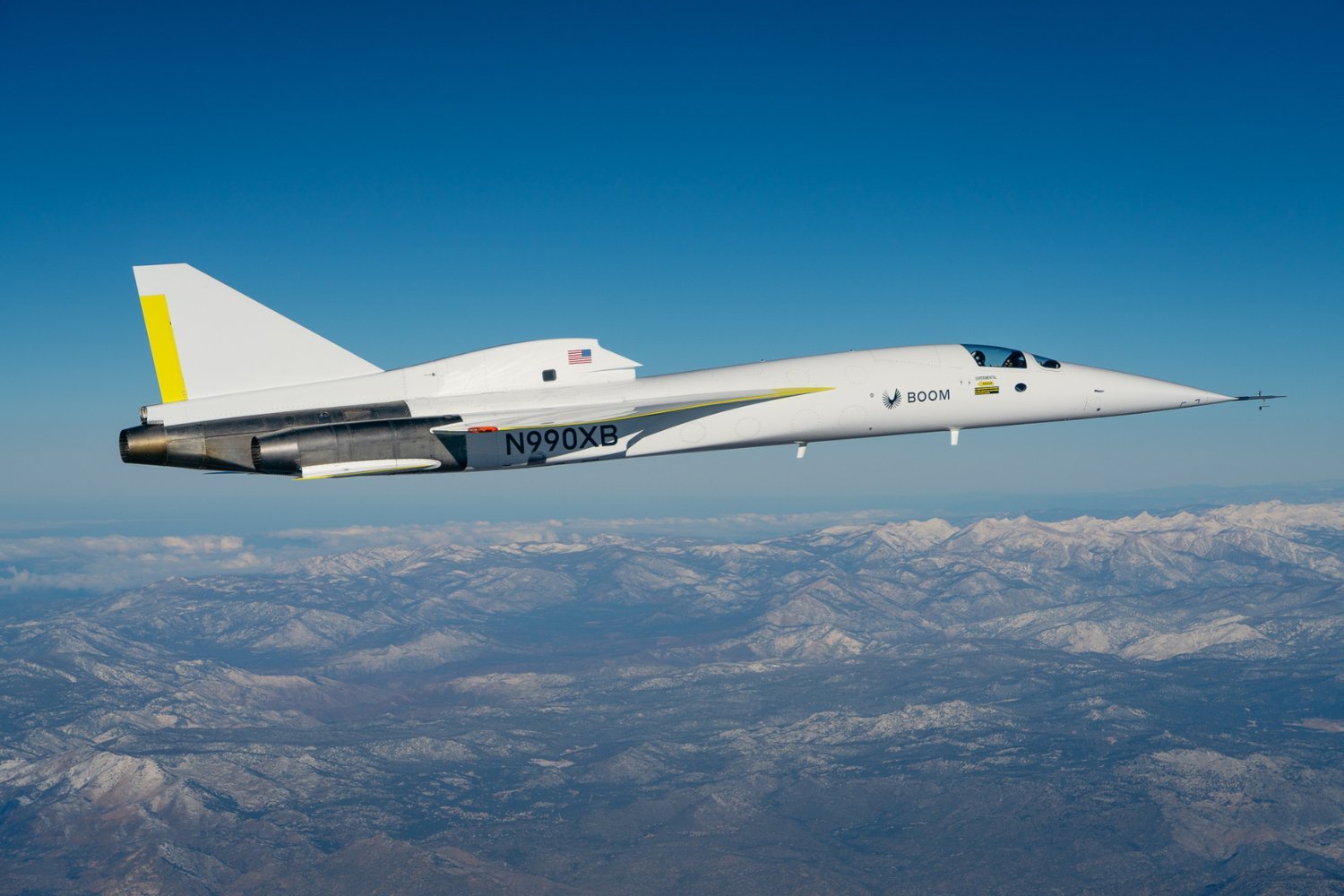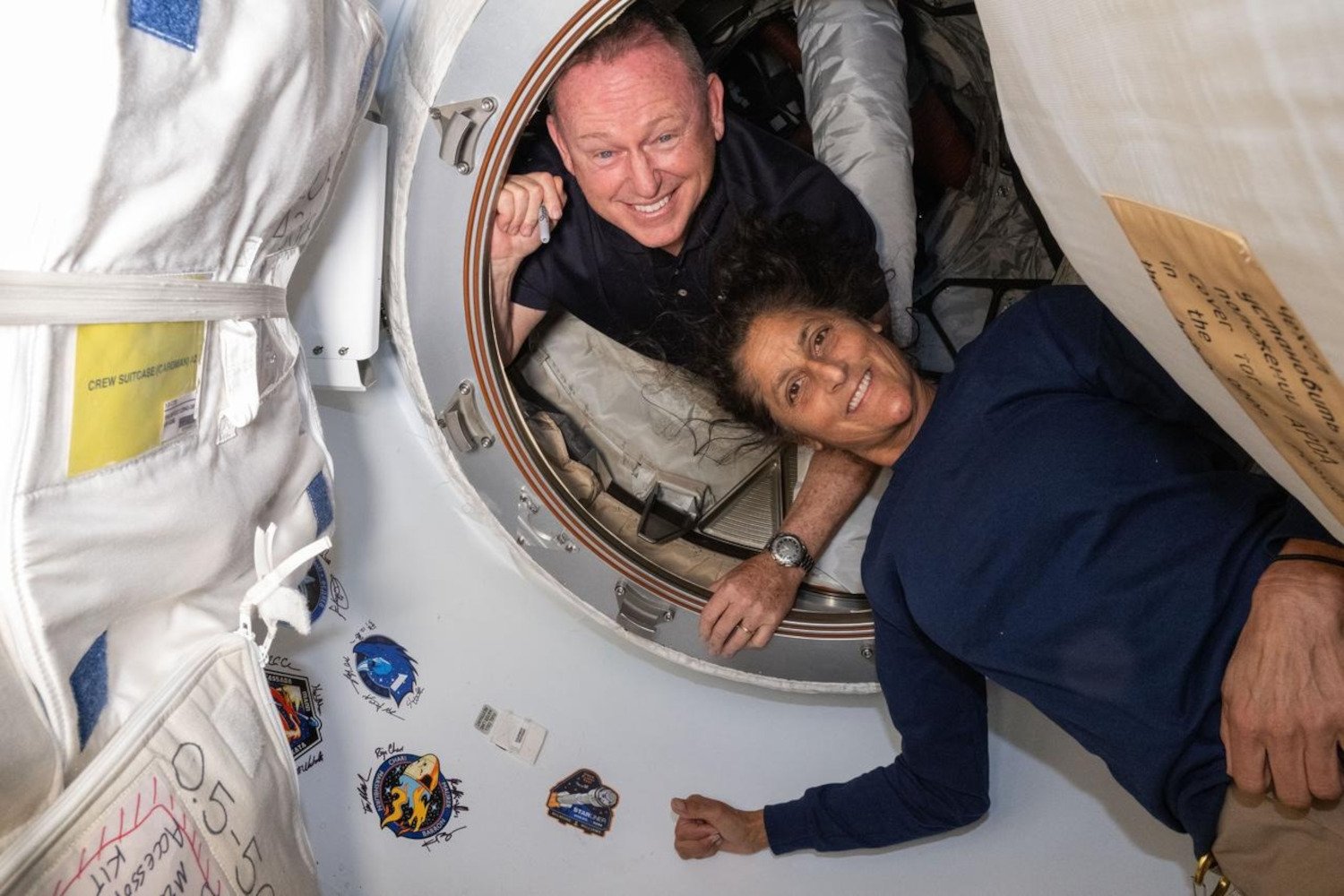The Trump administration is anticipated to disband the National Space Council, reversing a decision from his first term. This move comes amidst lobbying efforts from private space companies, particularly SpaceX, which view the council as an unnecessary bureaucratic layer hindering their ambitious goals.
The National Space Council, housed within the Executive Office of the President, coordinates space policy across various government agencies. Revived by Trump in 2017, it played a key role in establishing the U.S. Space Force and advancing plans for a human return to the Moon. However, its potential to clash with the private sector’s vision for space exploration now appears to be leading to its demise.
Originally established in 1958 alongside NASA, the council’s historical role has been to harmonize space policy across government entities. Its structure includes a User Advisory Group comprised of industry representatives, providing input into the decision-making process. The council’s existence has been debated by successive administrations, and it was previously disbanded in 1993 under President Clinton.
Reuters reports that SpaceX lobbyists have advocated for the council’s dismantling, citing it as unproductive. The lack of contact between Trump and the council, chaired by former Vice President Kamala Harris, following the election further suggests its impending dissolution. The council’s website currently displays a “404 page not found” error.
Throughout his campaign, Trump maintained a close relationship with Elon Musk, who is slated to lead the newly created Department of Government Efficiency (DOGE). Musk, a vocal critic of space industry regulations, believes they impede his ambitious Mars colonization plans.
In 2023, the space council proposed a framework to oversee emerging commercial space activities and implement a “mission authorization” policy. This proposal faced resistance from private industry leaders, who criticized it as redundant and bureaucratic. The Trump administration’s renewed focus on government efficiency, embodied by DOGE, aligns with this perspective. This streamlining of decision-making within a core group of advisors and the President further contributes to the council’s perceived obsolescence.
Trump has emphasized his goal of sending American astronauts to Mars, a vision shared by Musk. The likely appointment of billionaire private astronaut Jared Isaacman to lead NASA further reinforces the administration’s preference for commercial space endeavors. Given the historical pattern of presidential administrations choosing not to utilize the council, its potential disbandment marks a return to the norm rather than a significant shift in space policy.
The disbanding of the National Space Council signals a potential shift in the balance of power within the space industry, with private companies poised to play an increasingly prominent role. The long-term implications of this move remain to be seen.










